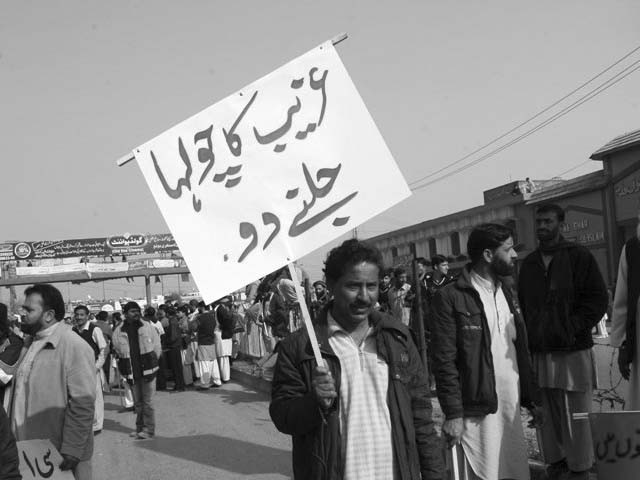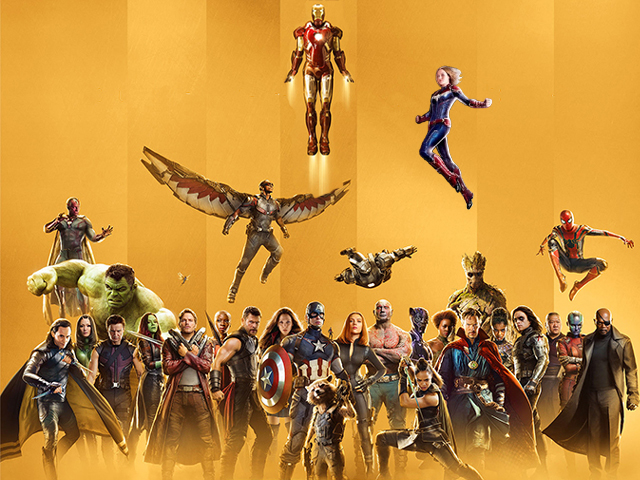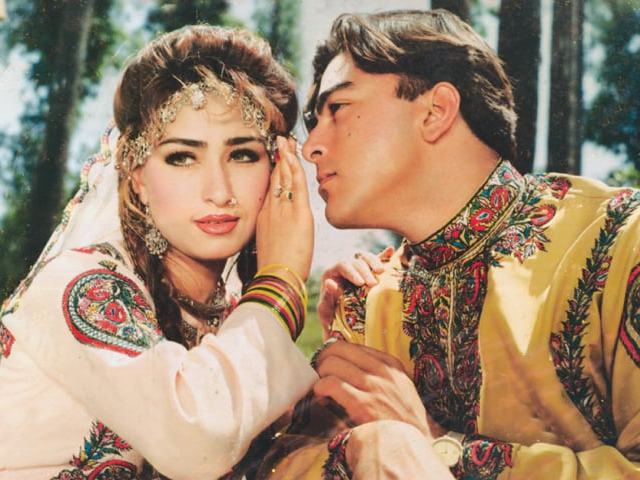
Were Qingqis banned to placate the bus mafia in Karachi?
Is there an alternative mode of travel, to bridge the gap in the transport industry for those who depended on them?
The three-wheeler rickshaw, more commonly known as a qingqi, with its economical fares and private space, shielded the common man from a solitary walk on the tattered roads that are heaving with garbage and flies, congested buses and high fares.
Qingqi rickshaws were launched by Pervez Musharraf in 1998, as a replacement of cycle rickshaws. In Sindh alone, approximately 0.3 million qingqi rickshaws were operational, out of which 65,000 qingqi owners were from Karachi. However, now the source of their livelihood has been completely eliminated. In lieu of this recent happening, the common man is back to ground zero, back to the gory world of the spinal cord-breaking friendly buses and overpriced rickshaws.
The qingqis were stamped as ‘illegal’, as they did not comply with the requirements of Chapter-IV of the Motor Vehicle Ordinance 1965 as per the Sindh High Court’s decision on August 5, 2015. The decision ruled in favour of the Sindh Transport Department and banned the vehicle altogether. The losses inflicted on qinqgi owners were overlooked and in order to ‘prevent traffic clogs’ and speed up the flow on the roads, the decision was put into effect.
The pertinent question therefore is that were the losses of qinqgi owners taken into account? Was the mode of transport, as a convenient, affordable and safe carriage largely preferred by the public taken into account?
Does the government prioritise a very prominent bus mafia over the livelihood of the qingqi drivers or the preference of the public? Or does that not count anyway?
The government’s thought process – if there is one, is appalling, to say the least. Putting the needs of the elite, who are already hiding behind expensive four wheelers, over the millions of commuters who relied on these qingqis to safely reach their destination.
Was the cost-benefit analysis of this ban favourable for these commuters?
In fact, was a cost-benefit analysis of this decision even done?
If inadvertently, the qingqi owners’ losses were even considered, were they offered compensation?
Is there an alternative mode of travel, other than the buses, to bridge the gap in the transport industry for all those who greatly depended on them?
In order to inquire about the hassles of the common man, we took to the streets of Karachi to interrogate the impact of this ban on their day to day lives. To no one’s surprise, the common man feels appalled because of this unfair decision. They are now paying heftier fares, blaming the government for making them suffer due to the convenience of the elite. Is elite just a smokescreen word being used to cover up the demands of an ever-growing bus mafia?
Unfortunately, rather than protesting against this hassle, the ordinary citizens have made peace with the unreasonable excuses offered by the government – back to their fate of travelling in cramped, uncomfortable buses and expensive rickshaws.






COMMENTS (8)
Comments are moderated and generally will be posted if they are on-topic and not abusive.
For more information, please see our Comments FAQ